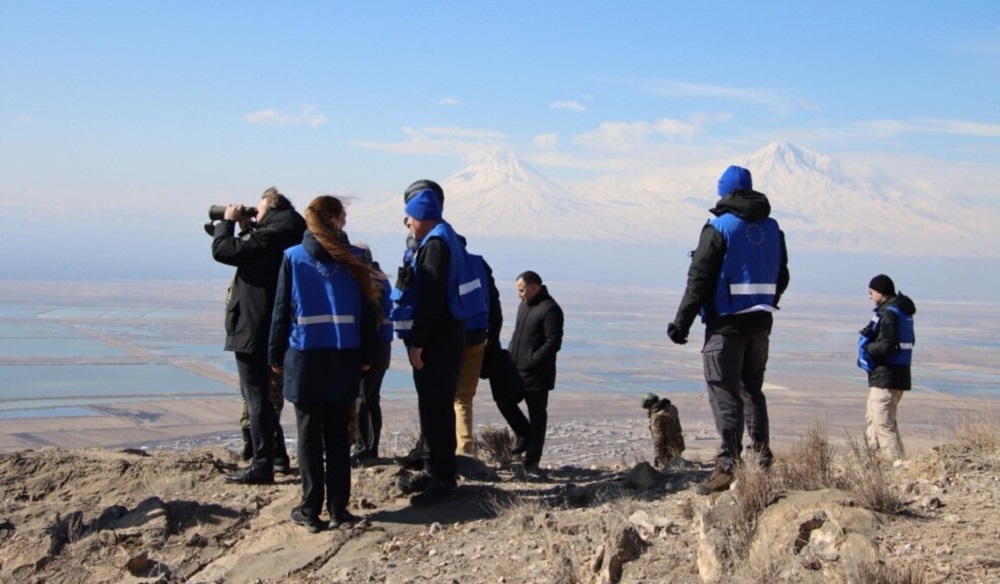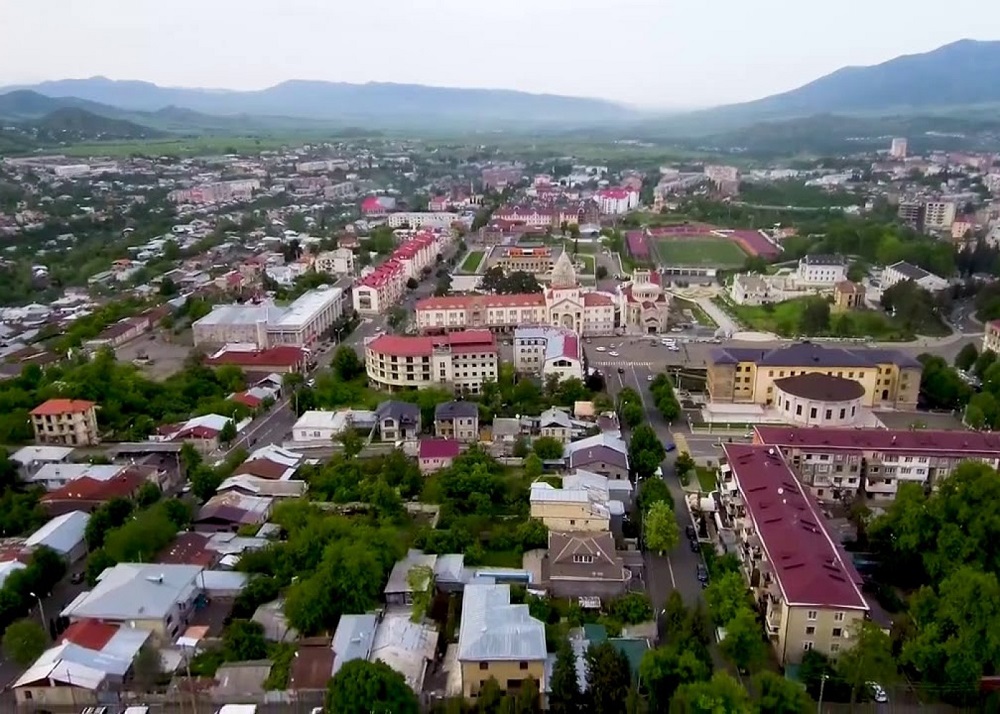What are Aliyev and Pashinyan going to Brussels with? View from Baku
Experts on meeting between Aliyev and Pashinyan
What proposals will be made in Brussels at the meeting between Azerbaijani President Ilham Aliyev and Armenian Prime Minister Nikol Pashinyan mediated by European Council President Charles Michel? Will there be any progress in the peace talks? How likely is the signing of a peace treaty between the two countries?
- Ilham Aliyev: “Does Armenia want peace? I think not.”
- “Georgia is irrevocably following the European path” – Meeting between Garibashvili and Orban
- What will happen if the European Union imposes sanctions on Azerbaijan?
The experts of the South Caucasus Analytical Center tried to answer these questions.
“Azerbaijan’s statements and unilateral steps after 2020 showed that the country will restore its sovereignty over the entire territory of Karabakh. Whether this would happen with or without the Armenians living in Karabakh was entirely a matter of their own choice. The Karabakh Armenians made their choice and with the assistance of the Armenian leadership, as well as the leaders of the separatist junta, voluntarily left the territory.
It was stated in advance that Azerbaijan and Armenia would come out of this either with or without a peace treaty. And now the main intrigue of the upcoming meeting in Brussels is exactly that – will there be a peace treaty between Baku and Yerevan?
What agendas are the parties traveling to Brussels with?
Five principles, and open questions
Azerbaijan put forward five basic principles based on international legal norms and the existing world practice of establishing diplomatic relations between states to start the peace process. Although Armenia has generally accepted these principles, many issues stemming from these principles still remain open between the parties.
Armenia has shown incomplete constructiveness with regard to these issues, which has slowed down the achievement of a final agreement. For example, officials in Yerevan have repeatedly stated that they recognize Azerbaijan’s territorial integrity, but the statement signed by Pashinyan in Granada the other day “rounded off” the territorial areas of Azerbaijan and Armenia in favor of Armenia, and reduced the area of Azerbaijan’s sovereign territories. At the same time, the problem of enclaves between the countries is still unresolved.
The Azerbaijani side claims that in fact the area of Armenia is not the declared 29800 square kilometers, but 29743 square kilometers, and consequently the area of Azerbaijan is not 86600 square kilometers, but 86657 square kilometers.
The Azerbaijani side refers to publicly available data.
Another important point for Baku and regional stakeholders is that the opening of regional transport corridors is being delayed by Yerevan due to its illogical position and fickleness. Armenia, although it puts forward the condition of the principle of sovereignty over all regional communications, is doing nothing for their realization. Meanwhile, when Azerbaijan established checkpoints on its territory, it suggested the Armenian side make similar steps. But Yerevan has so far not gone beyond statements.
Security guarantees for Armenia
Summarizing the statements of Armenian officials, we can say that Yerevan’s main expectations from the upcoming meeting in Brussels are related to security guarantees for the country. Although the relevant guarantees have been given in writing by France and Germany and this was reflected in the Granada statement.
The EU mission in Armenia is also a part of these guarantees on the ground. Besides, though not in writing, the US has voiced security guarantees for Armenia from a rather high rostrum.
Summary
Looking at the period left behind in the peace process, one can see a contradictory picture. Both Azerbaijan and Armenia have done their best over the past three years. But if Baku tried to sign this document as soon as possible on the basis of fair principles and in a satisfactory form for both sides, Yerevan, on the contrary, demonstrating an unconstructive position and putting forward unacceptable conditions, tried to avoid signing this important document.
Armenia should understand that a peace treaty with Azerbaijan will generally normalize the security environment in the South Caucasus, which first and foremost meets the interests and expectations of Yerevan itself. The rivalry between the great powers in our region has always been there and will be in the future. But with the signing of the peace treaty, the Caucasian countries will be able to manage this rivalry. But if the document is not signed, new conflicts in the region will become inevitable in the long run.”




















